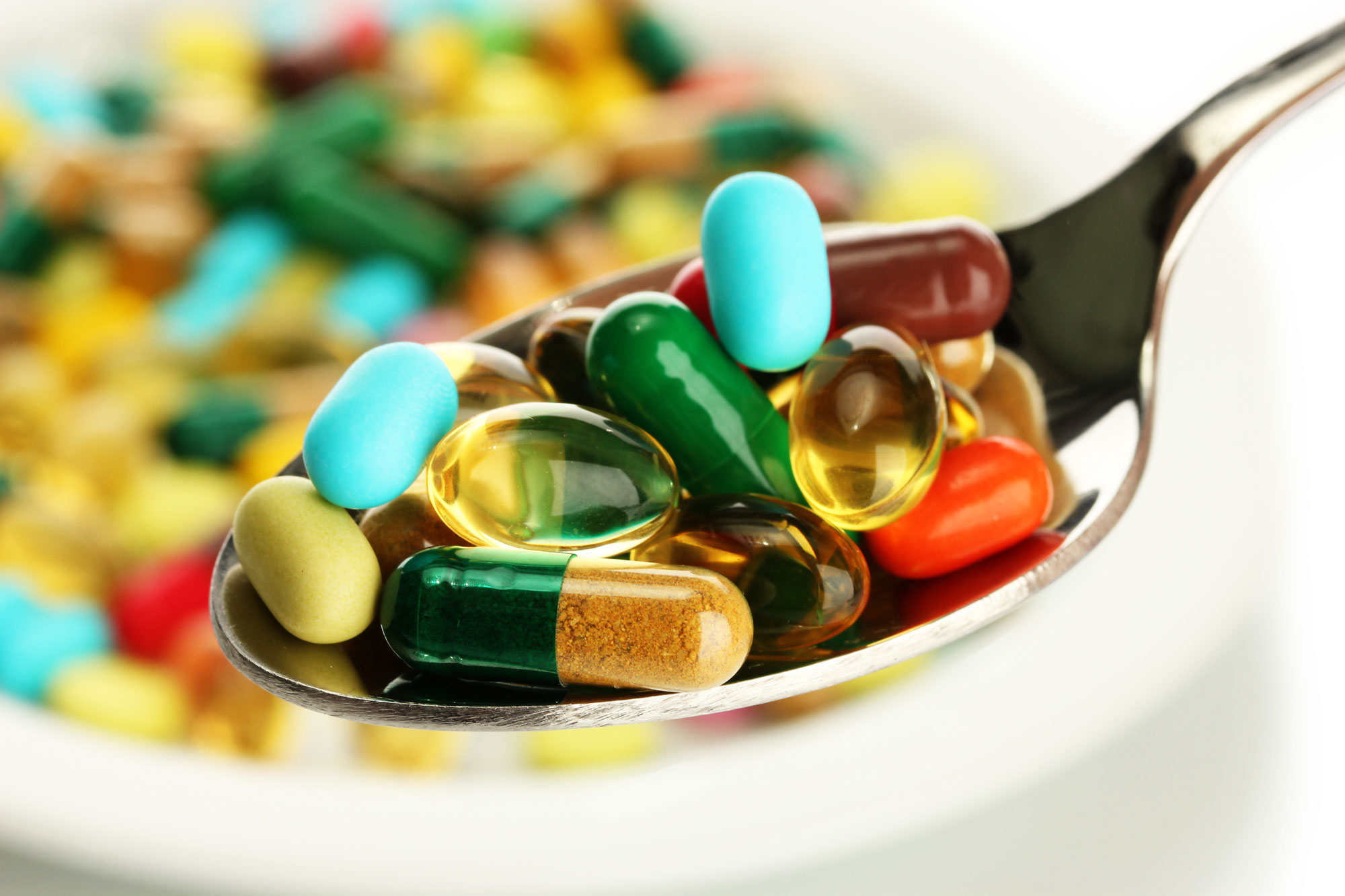What is a Health Supplement?
What is a health supplement?
A health supplement is a product that can help you get a variety of vitamins and
minerals that are important for your health lifestyle.easterntribunal. It can also provide support for a number
of physiological functions in the body, such as energy production and blood clotting.
These products can come in many different forms, including pills, capsules, soft gels,
powders, and liquids. They can be a good way to make sure you’re getting enough of
the nutrients you need, but they are not a substitute for a healthy diet.

Dietary supplements are a popular choice for adults and children, with more than
90,000 products sold in the United States each year. They can include a wide range
of vitamins, minerals, herbs or other botanicals, amino acids, enzymes, and other
ingredients.
It’s a good idea to talk with your healthcare provider before taking a dietary
supplement. They can help you understand the benefits and risks of a product, as
well as recommend the right products for your needs.
You should also consult your doctor before using a dietary supplement with other
medicines, especially when you are pregnant or breastfeeding. If you have a history
of drug or alcohol abuse, ask your doctor whether a supplement may be safe for you
to use.
Some dietary supplements have side effects that can be serious or even life
threatening. These symptoms can include upset stomach, diarrhea, headaches, or
nausea. If you experience any of these symptoms, stop using the dietary
supplement immediately and seek medical care.
Adverse event reports and complaints about dietary supplements can be helpful to
the FDA in determining whether a product is safe for consumers. The agency also
helps remove dangerous products from the market.
Natural, organic and herbal products are not always safe. They can contain strange
additives or snuck-in contaminants that could be harmful to your health.
Avoid items that promise “quick cures” or “easy solutions.” These claims are often
based on hype rather than scientific research. They can also be false, or even just
plain wrong.

Be wary of dietary supplements that contain large amounts of ingredients that can
cause allergic reactions and other problems. This is particularly true of dietary
supplements containing ginseng, echinacea, garlic, or other herbal extracts.
Don’t take dietary supplements when you are pregnant, nursing, or taking certain
medications (including some prescriptions), as they can cause serious and
sometimes life-threatening side effects. In addition, if you are undergoing surgery,
you should tell your doctor about any dietary supplements you are taking before the
operation so that they can advise you on any possible risks and potential
interactions with the drugs and medications you are using.
In the EU, food supplements are regulated as foods and are not a form of medicine.
The European Commission has harmonised legislation to control the ingredients in
food supplements and maintains a list of substances that are known or suspected to
have adverse effects on health.
